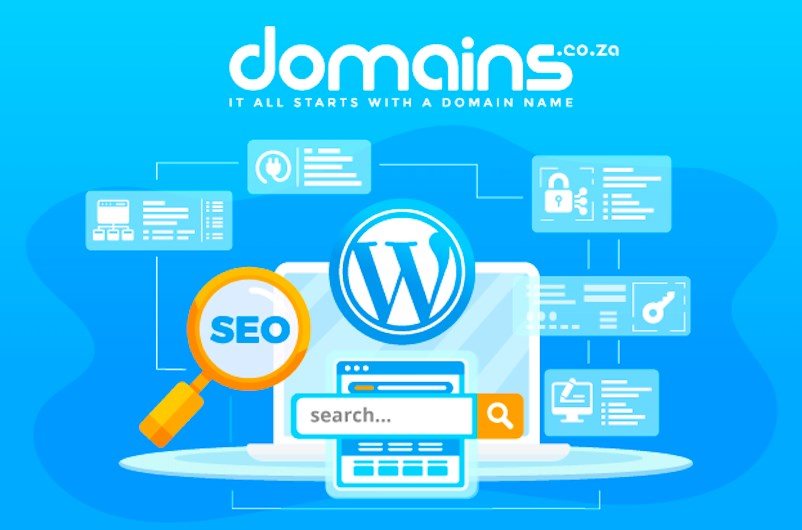
Top stories






More news


Marketing & Media
Ads are coming to AI. Does that really have to be such a bad thing?














While WordPress is an SEO-friendly platform there are still several things you can to do ensure your website is optimised to its fullest extent for search engines.
Here are 10 tips to help you improve the SEO of your WordPress website:
1. Create a dynamic sitemap: A dynamic sitemap automatically updates with every new page added, making it easier for web owners and search engines to navigate. Compared to static sitemaps, which need to be updated manually, dynamic sitemaps are delivered faster and more efficiently.
2. Utilise SEO plugins: Yoast SEO is one of the most popular SEO plugins available for WordPress websites. It detects any SEO issues on your site as well as checking that you are following best practices for ‘on-page SEO’.
3. Use unique title tags: Each webpage should have its own unique title tag that accurately describes its content in a concise way (50–60 characters). This will help search engines better understand what your page is about and display it in search results.
4. Add internal links: Linking to other pages on your website can help increase traffic and boost SEO. Additionally, adding internal links will make it easier for visitors to find more relevant content on your website.
5. Use optimised images: Always save images in the correct dimensions and scale for the web. You should also use descriptive file names that include keywords related to the image, as well as optimise ALT tags with relevant keywords so that they appear in Google Images searches.
6. Implement structured data markup: Structured data markup helps search engines understand the content of a page more easily and accurately, which can result in increased visibility in search results.
7. Optimise your URLs: URL structure should be short and descriptive, not long and confusing. It's also a good idea to include keywords related to the page content in your URL – this will help with SEO ranking.
8. Monitor website speed: Page speed is an important SEO factor, as it directly affects user-experience and can have a negative impact on rankings if it’s too slow. Use tools such as Google Pagespeed Insights or Pingdom Tools to test your website’s speed and get suggestions for increasing performance.
Domains.co.za’s WordPress Hosting has been tailor-made for WordPress and ensures unmatched speeds, stability and security.
9. Leverage social media platforms: Having an active presence on social media platforms can also help improve SEO ranking by driving more traffic to your website. Posting regularly, using relevant hashtags, and engaging with followers, can help increase your visibility on search engines.
10. Check your SEO progress: Use tools such as Google Search Console and Bing Webmaster Tools to check your website’s performance and obtain insights as to how to improve it.
Good luck!